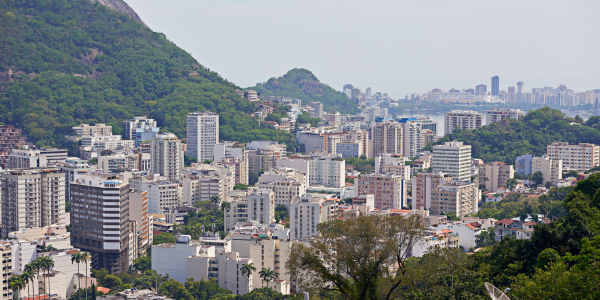
Urban Development
Urban development refers to the process of planning, designing, and constructing human settlements, infrastructure, and amenities within urban areas to accommodate population growth, economic activities, and social needs. It encompasses various aspects of city planning, land use, transportation, housing, utilities, and public services to create sustainable, livable, and vibrant urban environments.
Key components of urban development include:
Land Use Planning: Urban planners assess land availability, zoning regulations, and development potential to allocate land for residential, commercial, industrial, recreational, and institutional purposes. Land use plans guide the spatial organization of urban areas and aim to optimize land use efficiency while preserving natural resources and open spaces.
Infrastructure Development: Infrastructure systems such as roads, highways, bridges, railways, airports, ports, water supply networks, sewage systems, stormwater drainage, and utility services are essential for supporting urban activities and connectivity. Urban development projects involve the construction, expansion, and maintenance of infrastructure to meet growing demands and improve accessibility, reliability, and efficiency.
Housing and Real Estate: Providing adequate and affordable housing is a fundamental aspect of urban development. Urban planners work to address housing shortages, homelessness, and slum conditions by promoting housing policies, land development regulations, and affordable housing initiatives. Urban redevelopment projects may involve renovating existing buildings, constructing new housing developments, or revitalizing blighted neighborhoods.
Transportation and Mobility: Urban transportation systems play a critical role in facilitating movement within and between urban areas. Urban development strategies aim to improve transportation infrastructure, public transit services, pedestrian and cycling facilities, and traffic management to reduce congestion, improve accessibility, and promote sustainable modes of transportation.
Economic Development: Urban areas are centers of economic activity, innovation, and employment opportunities. Urban development policies seek to attract investment, stimulate entrepreneurship, and foster economic growth by supporting business incubators, industrial parks, commercial districts, and mixed-use developments. Sustainable economic development strategies prioritize job creation, income equality, and social inclusion.
Environmental Sustainability: Sustainable urban development aims to minimize environmental impacts, reduce carbon emissions, and enhance resilience to climate change. Green building practices, energy-efficient infrastructure, renewable energy systems, waste management programs, and green spaces are incorporated into urban development projects to promote environmental stewardship and quality of life.
Social Infrastructure: Urban development encompasses the provision of social amenities and community facilities such as schools, healthcare centers, parks, libraries, cultural institutions, and recreational areas. Accessible and well-maintained social infrastructure promotes social cohesion, public health, education, and cultural enrichment within urban communities.
Community Engagement: Engaging citizens, stakeholders, and community organizations in the urban development process is essential for fostering inclusive, participatory decision-making and addressing diverse needs and preferences. Public consultations, neighborhood meetings, and stakeholder forums provide opportunities for collaboration, feedback, and consensus-building in urban planning and development initiatives.
Urban development is a complex and dynamic process that requires interdisciplinary collaboration, long-term vision, and adaptive management to create sustainable, resilient, and equitable cities for present and future generations. Balancing economic growth, social equity, environmental protection, and cultural diversity is essential for achieving holistic and inclusive urban development outcomes.